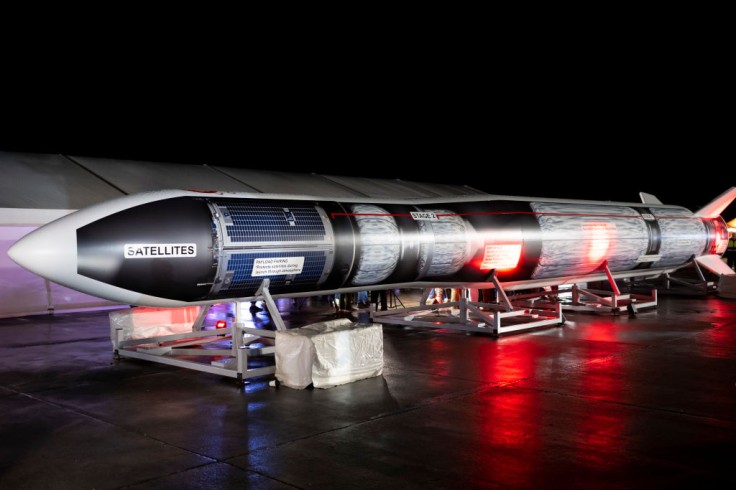Virgin Orbit's first UK launch ends on a low note.
The company mentioned that its LauncherOne rocket experienced an anomaly around an hour and nine minutes into its "Start Me Up" mission, which would have been its first successful orbital launch in the United Kingdom, per Space.com.
Virgin Orbit planned and prepared for the mission since early March, when it first revealed the details of its Start Me Up mission to the public.
Virgin Orbit UK Launch Failure Details

Virgin Orbit's Start me Up mission initially went smoothly, with its Cosmic Girl carrier plane lifting off from Spaceport Cornwall on schedule and without issue at 5:02 PM EST.
Just over an hour later, Cosmic Girl dropped its LauncherOne rocket while it was off the southwest coast of Ireland. The rocket's first stage did its job, allowing its two stages to separate around 3.5 minutes after the drop.
After which, LauncherOne's upper stage finished a nearly five-minute burn before going into a long coast. However, Chris Relf, Virgin Orbit's director of systems engineering and verification, suddenly said during the mission's webcast that the rocket suffered a technical anomaly preventing it from reaching orbit.
Unfortunately, Virgin orbit has yet to share details of the anomaly, such as what caused it, with the public as of press time. Interestingly, Virgin Orbit initially said on Twitter that its LauncherOne rocket successfully reached Earth's orbit, but the company eventually deleted the tweet, per Reuters.
Despite the lack of info on the anomaly, its effects are well documented. Matt Archer, the director of commercial spaceflight at the UK Space Agency, said that while Virgin Orbit's LauncherOne rocket reached space, it did not attain the altitude and orbit needed to execute its mission.
The failed launch costed Virgin Orbit one of its LauncherOne rockets and its payload of nine satellites. Fortunately, both the rocket and the nine satellites posed no danger to people; they are expected to burn or break up over the North Atlantic soon, per The Guardian.
Furthermore, this launch marks the second failure under Virgin Orbit's belt since its first launch in 2020. The company currently has four successful launches.
What's Next For Virgin Orbit?
Despite the failure, many, including Archer, are praising Virgin Orbit for its successful launch. "Launches don't always work," Archer said. "We've shown we can do it and we'll look to do it again."
In the meantime, though, the company and the UK Space Agency will be investigating the anomaly that cost it a rocket and nine satellites alongside the UK's government and "various bodies."
It is unclear when Virgin Orbit will attempt another launch to reach low-Earth orbit, nor how the failed mission would affect the timing or location of future ones. However, Virgin Orbit CEO Dan Hart expressed his hope of the company returning to Spaceport Cornwall before 2023 ends.
Regardless of the result, Virgin Orbit's Start Me Up Mission was heralded in the UK as "the start of a new space era" for the country.









